Numbers Their Occult Power and Mystic Virtues (Classic Reprint)
Excerpt from Numbers Their Occult Power and Mystic VirtuesHebrew words I hae added the pronunciation. The Secret Doctrine of Mmc. JMavatsk, a work of immense erudition containing a vast fund of archaic doctrine, has supphed me with valuable quotations, which arc the only recent additions to this treatise. If an- readers desire a deeper insight into the analogies between numbers and ideas, I refer them in addition to the works of Eliphaz Levi, xthanasius Kircher, Godfre- Higgins, Michael laier, and John Heydon; I have quoted from each of these authorities, and Thomas Taylors Theoretic Arithmetic has supplied me with a great part of the purely arithmetical notions of the Pythagoreans, the elucidation of which was mainly due to him. In conclusion, I request my readers, Autperlcge et vecte iiitellige, Ant abstine a censiira. W.Wynx Westcott, Fra. Ros. Cru., F.T.S. 396, Camden Road, London, N.The author will be pleased to receive additions and suggestions, from earnest students of either the Eastern or Western schools of Occultism. Part I. Pythagoras, His Tenets And His Followers. Pythagoras, one of the greatest philosophers of ancient Euroje, was the son of Mnesarchus, an engraver, he was born about the year 580 B.C. either at Samos an island in the gean Sea, or as some saj-, at Sidon in Phoenicia. Very little is known of his early life, beyond the fact that he won prizes for feats of agility at the 01-mpic Games; having attained manhood, and feeling dissatisfied with the amount of knowledge to be gained at home, he left his native land and spent many years in travel, visiting in turn most of the great centres of Learning. History narrates that his pilgrimage in search ot wisdom extended to Egypt, Hindostan, Persia, Crete, and Palestine, and that he gathered from each country fresh stores of information, and succeeded in becoming well acquainted with the Esoteric Wisdom as well as with the popular esoteric knowledge of each.










